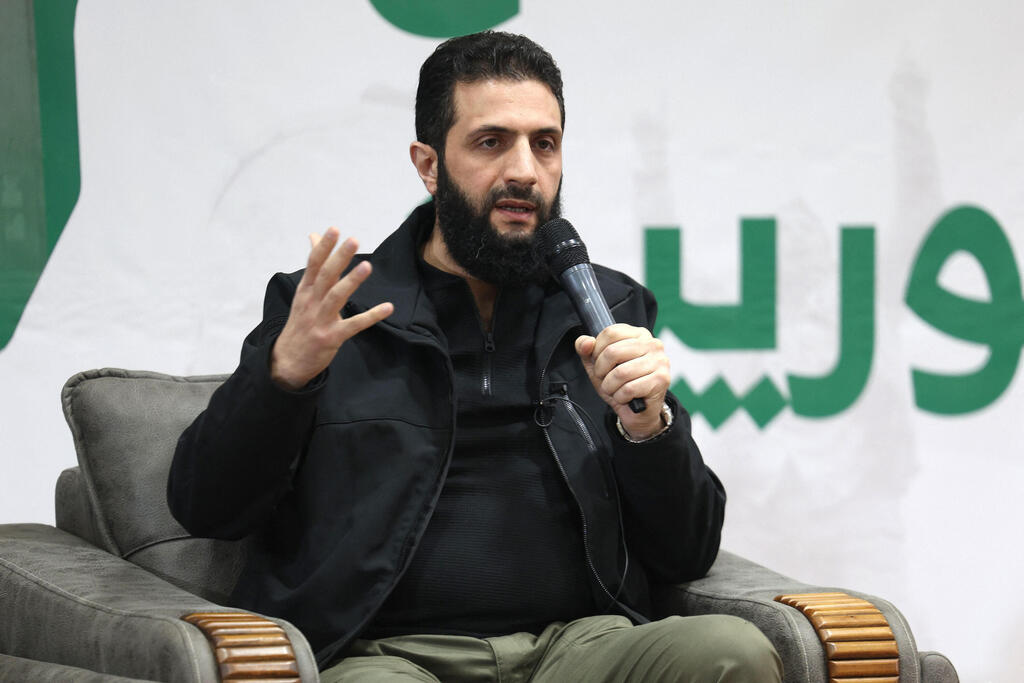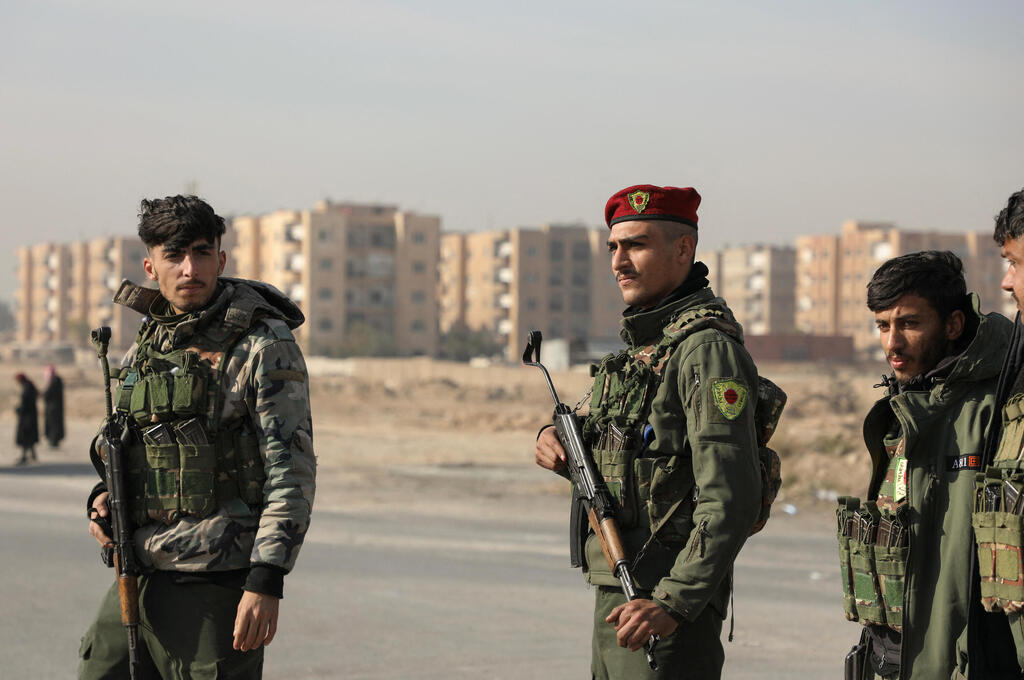In the most extensive Israeli airstrike in Syria in over two months, the Israel Defense Forces (IDF) carried out dozens of attacks from Monday night into early Tuesday, striking military sites affiliated with Interim President Ahmad al-Sharaa’s regime. According to the IDF, the strikes in southern Syria targeted radar installations, aerial detection systems, and military headquarters, as well as weapons depots and other military infrastructure used by the new regime.
The IDF stated that "the presence of these systems in southern Syria poses a threat to Israel and to IDF operations. These targets were struck to eliminate future threats." The wave of strikes marks the most significant Israeli military action in Syria in recent months, as Israel seeks to counter the growing military presence of the new regime.
IDF strikes in Syria
Syrian reports indicated that the strikes targeted military outposts in the Damascus countryside, including the towns of Sa’sa and Qatana, as well as former military positions in the Daraa region and the Syrian army’s 90th Brigade in the Quneitra countryside. Additional attacks were reported near Homs and along the Lebanese border. In total, at least 41 airstrikes were reported in the Damascus countryside alone.
Growing concern over new regime’s military activity
Ynet security analyst Ron Ben-Yishai noted that the recent massacre carried out by forces loyal to al-Sharaa in Alawite cities in western Syria has reinforced Israel’s assessment that the new regime poses an emerging threat requiring preemptive action. Israel is concerned not only about jihadist groups within Syria but also about the country becoming a hub of fragile political stability that could allow Turkey to expand its military influence in the region.
Get the Ynetnews app on your smartphone: Google Play: https://bit.ly/4eJ37pE | Apple App Store: https://bit.ly/3ZL7iNv
One of the most pressing threats is the potential for Hamas and Palestinian Islamic Jihad to use Syrian territory as a base for attacks against Israeli communities in the Golan Heights and Upper Galilee.
Forces loyal to al-Sharaa have released senior terrorists, including Hamas and Islamic Jihad operatives, whom Bashar Assad had previously imprisoned to prevent them from launching attacks against Israel. There is growing concern that these operatives are already planning terrorist activities. Another major concern is that Turkey may begin supplying and training jihadist forces aligned with the new regime.
With these threats in mind, Israel is working to shape the reality in southern Syria to prevent the new regime from consolidating power near its border. Prime Minister Benjamin Netanyahu and Defense Minister Israel Katz have made it clear that Israel will not allow regime-backed militants to move south, nor will it tolerate armed Sunni jihadists operating near the Syrian Golan. Many abandoned Syrian military outposts in the region remain stocked with weapons, raising fears that they could fall into hostile hands.
Al-Sharaa strikes agreement with Kurdish forces
At the same time, al-Sharaa has moved to strengthen his rule. On Monday night, he announced an agreement with the commander of the Kurdish-led Syrian Democratic Forces (SDF) to integrate Kurdish fighters into Syrian state institutions and the military. The agreement followed a meeting between al-Sharaa and SDF leadership, whose forces are backed by the United States.
The decision to incorporate Kurdish forces came after they were excluded from last month’s "National Dialogue Conference," which aimed to establish a framework for Syria’s future governance. According to al-Sharaa’s office, the agreement reaffirms "the unity of Syrian territory and the rejection of its division."
As part of the deal, the SDF pledged to support Syria in combating remnants of the Assad regime and other security threats. The agreement effectively ends any Kurdish aspirations for an independent state—at least within Syria—due to their commitment to preserving the country’s territorial integrity.





